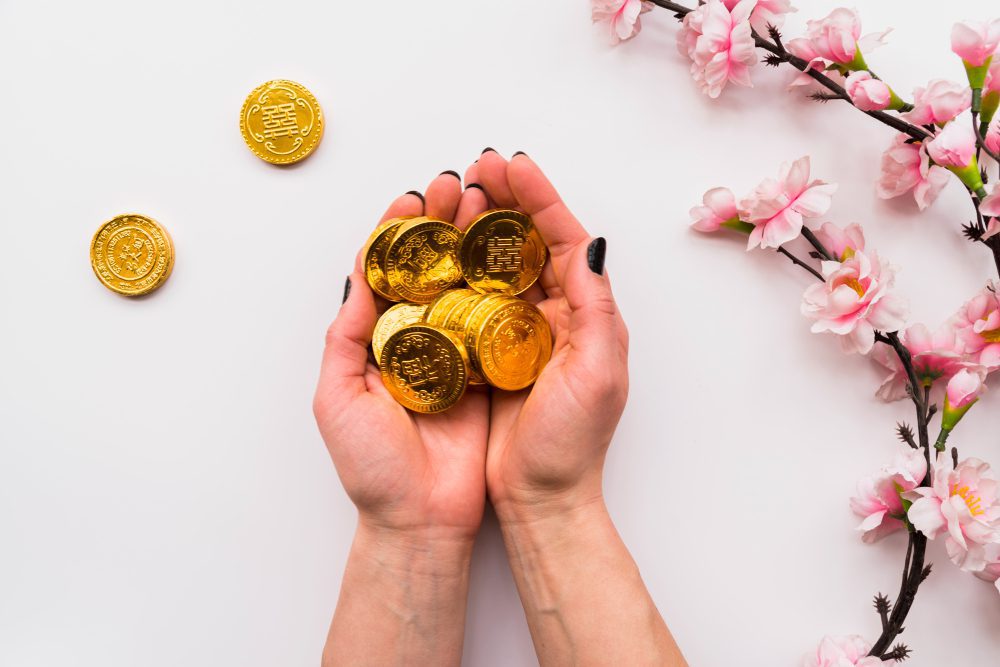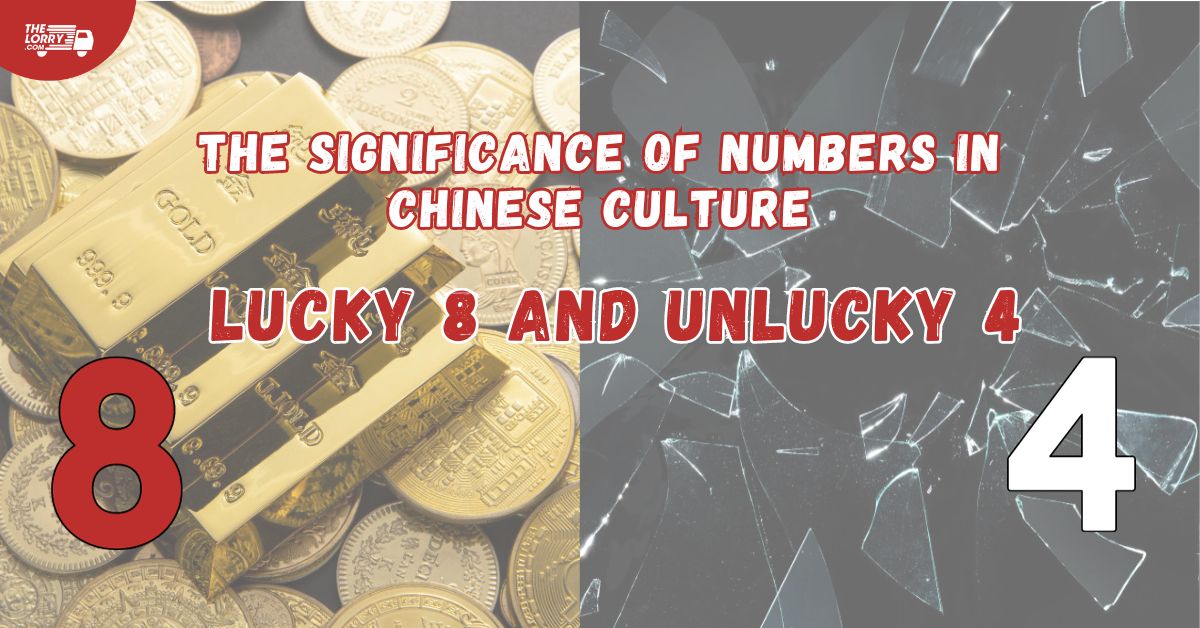Chinese culture is rich in symbolism, and numbers play a significant role in various aspects of life, from daily routines to major life events. Among these numbers, 4 and 8 hold special importance. In this article, we will explore the cultural significance of these numbers, why 8 is considered lucky, and why 4 is seen as unlucky in Chinese culture.
Lucky Number 8: The Symbol of Prosperity
In Chinese culture, the number 8 is regarded as one of the luckiest numbers. This belief is deeply rooted in linguistic and cultural factors:
- Pronunciation: The number 8 is pronounced as “ba” in Mandarin, which sounds similar to the word for wealth or prosperity, “发” (fa). This phonetic similarity has led to the strong association of 8 with financial success and good fortune.
- Cultural Symbolism: The belief in the luckiness of 8 is also tied to historical and cultural significance. In ancient China, the number 8 was associated with the Emperor and the ruling class, making it a symbol of power and authority.
- Balance and Harmony: In terms of its shape, the number 8 is balanced and symmetrical, representing harmony and balance. This association extends to the idea of a balanced and prosperous life.

8 is often considered an auspicious number for important life events such as weddings, business launches, and property purchases. Many people go to great lengths to incorporate the number 8 into their lives, even choosing phone numbers, license plates, and addresses that contain as many 8s as possible.
Unlucky Number 4: The Omen of Misfortune
Conversely, the number 4 is considered highly unlucky in Chinese culture, and it is often associated with death and misfortune. Here’s why:
- Pronunciation: In Mandarin, the number 4 is pronounced as “si,” which sounds similar to the word for death, “死” (si). This phonetic resemblance is the primary reason for the superstition surrounding the number 4.
- Cultural Fear: Due to its association with death, the number 4 is often avoided whenever possible. Hospitals and hotels may skip the fourth floor, and some individuals avoid license plates, phone numbers, or addresses containing the number 4.
- Traditional Beliefs: Chinese culture places a strong emphasis on ancestor worship and the afterlife. The number 4’s connection to death goes against these beliefs, contributing to its negative connotations.
4 is so deeply associated with bad luck that it is often referred to as the “unlucky number” in China. Consequently, many people actively seek to avoid it in their daily lives, especially in matters related to health and well-being.

In Chinese culture, numbers hold a profound significance, influencing various aspects of daily life, including naming, marriage, and business decisions. While the number 8 is celebrated for its association with prosperity and good fortune, the number 4 is feared for its links to death and misfortune.
Understanding these cultural beliefs about numbers is essential when interacting with or within Chinese communities, as it can help avoid unintentional cultural misunderstandings and respect local customs and traditions.




 SG
SG Malaysia
Malaysia Indonesia
Indonesia
Recent Comments